Top 10 Luxury Brands in India
Top 10 Luxury Brands in India, from fashion and jewelry to automobiles and hospitality. Explore how these iconic names captivate the Indian market with their unparalleled craftsmanship, exclusivity, and timeless elegance
India’s luxury market has seen tremendous growth over the past decade, driven by a burgeoning affluent class and a growing appreciation for high-quality, premium products. As the economy continues to expand, the demand for luxury goods and services has reached unprecedented levels, making India a key player in the global luxury market. This introduction explores the top 10 luxury brands that have captivated Indian consumers with their unparalleled craftsmanship, exclusivity, and timeless elegance.
Table of Contents
1.Louis Vuitton
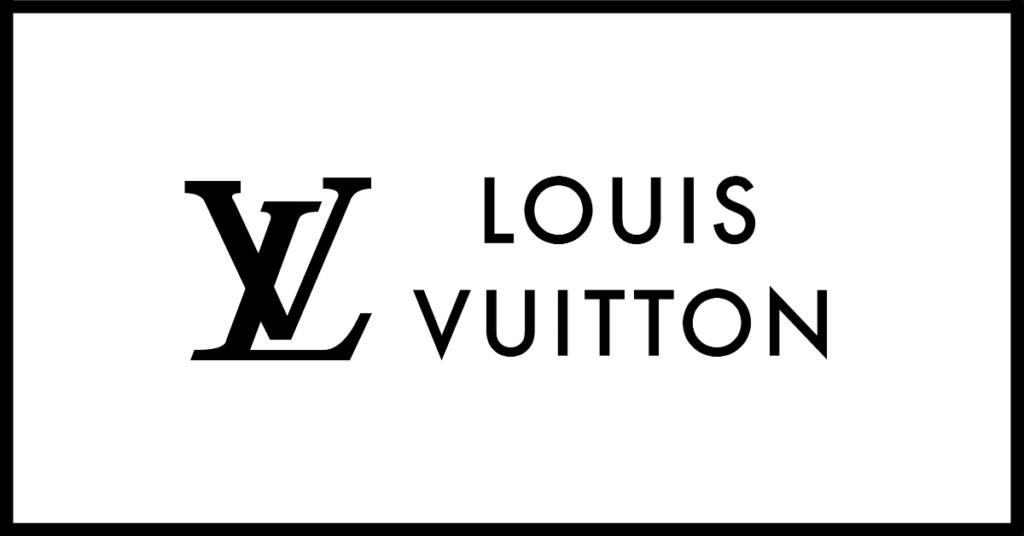
| STARTUP NAME | LOUIS VUITTON |
|---|---|
| Industry | Fashion |
| Founder(s) | Louis Vuitton |
| Founded | 1854 |
| Headquarters | Paris, France |
| Products | Luxury bags, accessories, apparel |
| Specialty | French sophistication and craftsmanship |
| Global Reach | Leading luxury fashion house globally |
Louis Vuitton is synonymous with French luxury fashion, known for its iconic bags, accessories, and apparel. It blends heritage with innovation, catering to fashion enthusiasts in India who appreciate its craftsmanship, exclusivity, and enduring style.
Louis Vuitton needs no introduction as one of the world’s leading luxury fashion houses. In India, its iconic bags, accessories, and apparel embody French sophistication and craftsmanship, attracting fashion enthusiasts across generations.
2.Fabindia
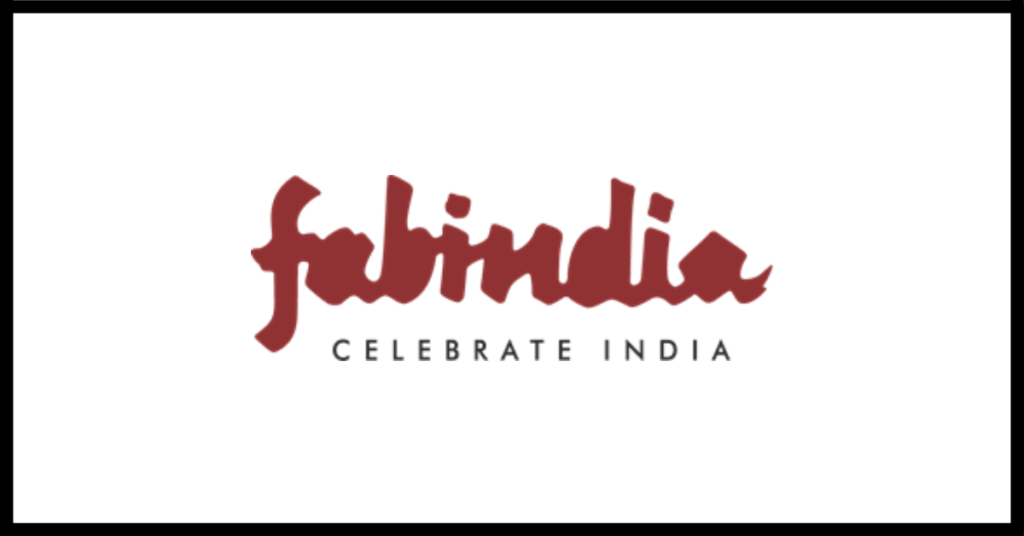
| STARTUP NAME | FABINDIA |
|---|---|
| Industry | Fashion, Lifestyle |
| Founder(s) | John Bissell |
| Founded | 1960 |
| Headquarters | New Delhi, India |
| Products | Handcrafted apparel, furnishings, organic products |
| Specialty | Combining traditional Indian textiles with contemporary designs |
| Ethical Focus | Promotes sustainable practices and supports local artisans |
Fabindia revolutionizes the fashion and lifestyle retail segment in India by promoting handcrafted apparel, furnishings, and organic products. It combines traditional Indian textiles with contemporary designs, focusing on sustainability and supporting local artisans.
Combining traditional Indian textiles with contemporary designs, Fabindia has revolutionized the fashion and lifestyle retail segment. Known for its handcrafted apparel, furnishings, and organic products, Fabindia appeals to consumers looking for sustainable luxury.
3.Ritu Kumar
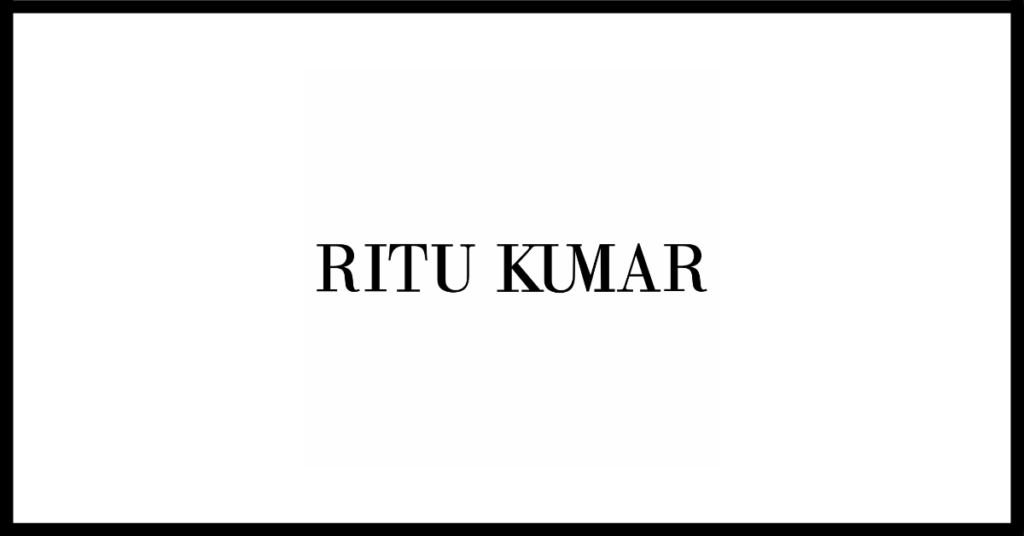
| STARTUP NAME | RITU KUMAR |
|---|---|
| Industry | Fashion |
| Founder(s) | Ritu Kumar |
| Founded | 1969 |
| Headquarters | New Delhi, India |
| Products | Bridal wear, prêt-à-porter |
| Specialty | Reviving traditional Indian textiles with contemporary designs |
| Legacy | Pioneer in Indian fashion industry |
Ritu Kumar, a pioneer in the Indian fashion industry, revitalizes traditional Indian textiles with contemporary designs. Known for bridal wear and prêt-à-porter collections, Kumar’s brand embodies heritage, craftsmanship, and a legacy of excellence in Indian fashion.
Ritu Kumar, a pioneer in Indian fashion, showcases timeless elegance through her designs. From bridal wear to prêt-à-porter collections, Kumar’s label embodies the essence of luxury with intricate craftsmanship and a commitment to preserving traditional Indian textiles.
4.Sabyasachi
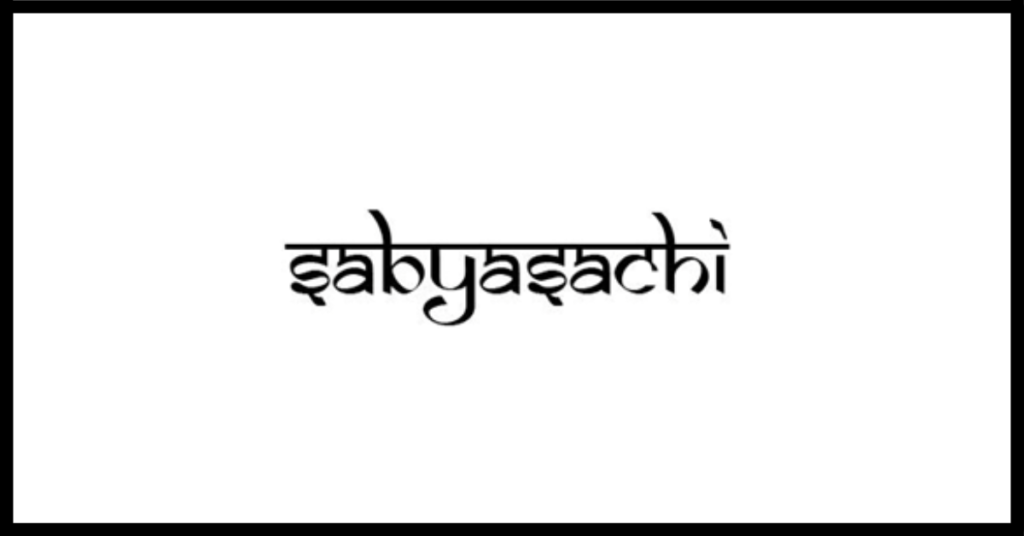
| STARTUP NAME | SABYASACHI |
|---|---|
| Industry | Fashion |
| Founder(s) | Sabyasachi Mukherjee |
| Founded | 1999 |
| Headquarters | Kolkata, India |
| Products | Bridal couture, prêt-à-porter, accessories |
| Signature Style | Vintage charm with contemporary aesthetics |
| Notable Features | Known for opulent bridal wear and craftsmanship |
Sabyasachi Mukherjee’s eponymous brand is renowned for its opulent bridal couture and traditional Indian craftsmanship. It blends vintage charm with contemporary aesthetics, making it a favorite among celebrities and brides for its luxurious and intricate designs.
Sabyasachi Mukherjee, renowned for his opulent bridal couture and traditional Indian craftsmanship, has carved a niche in the luxury fashion segment. His creations blend vintage charm with contemporary sensibilities, making Sabyasachi a favorite among celebrities and brides alike.
5.Tanishq
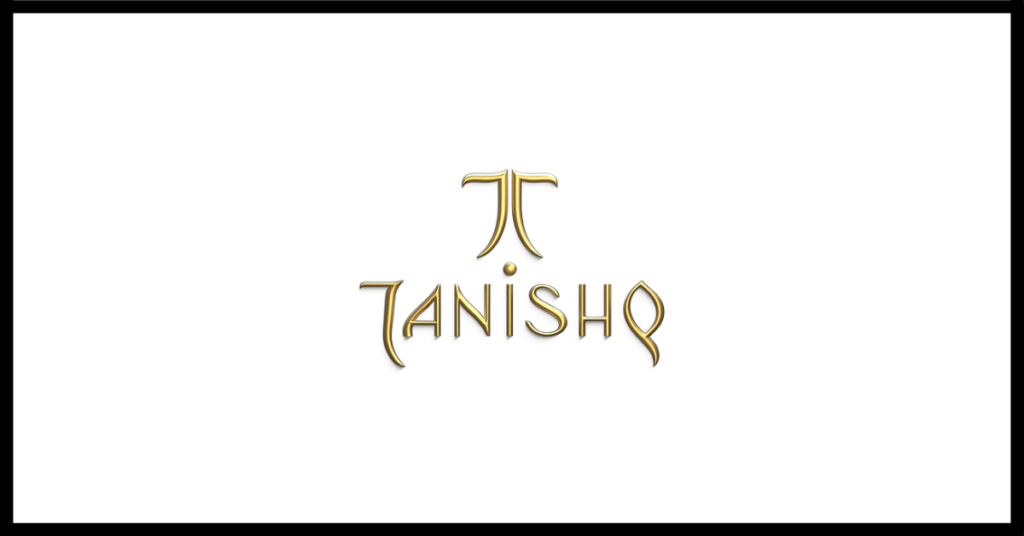
| STARTUP NAME | TANISHQ |
|---|---|
| Industry | Jewelry |
| Founder(s) | Tata Group (Founded by Xerxes Desai) |
| Founded | 1994 |
| Headquarters | Bengaluru, India |
| Products | Gold, diamond, and gemstone jewelry |
| Specialty | Blending traditional Indian designs with modern aesthetics |
| Market Position | Leading jewelry brand in India |
Tanishq, part of the Tata Group, is celebrated for its exquisite gold, diamond, and gemstone jewelry. It merges traditional Indian designs with modern aesthetics, offering craftsmanship and quality that resonate with discerning Indian consumers.
A name synonymous with exquisite jewelry, Tanishq combines traditional Indian designs with modern aesthetics. Known for its craftsmanship and quality, Tanishq offers a wide range of gold, diamond, and gemstone jewelry that appeals to the sophisticated Indian consumer.
6.Mercedes-Benz

| STARTUP NAME | MERCEDES-BENZ |
|---|---|
| Industry | Automobile |
| Founder(s) | Karl Benz, Gottlieb Daimler |
| Founded | 1926 (Mercedes-Benz brand) |
| Headquarters | Stuttgart, Germany |
| Products | Luxury cars, SUVs, sports cars |
| Specialty | Combining luxury with cutting-edge technology |
| Market Position | Prestige automobile brand |
Mercedes-Benz is a leader in luxury automobiles, offering a range of sedans, SUVs, and sports cars known for their sophistication and cutting-edge technology. In India, Mercedes-Benz symbolizes prestige and performance, appealing to affluent consumers with a penchant for luxury driving experiences.
Synonymous with luxury automobiles, Mercedes-Benz has established itself as a symbol of prestige in India. Its range of sedans, SUVs, and sports cars combines cutting-edge technology with comfort, appealing to the affluent Indian consumer base.
7.Rolex
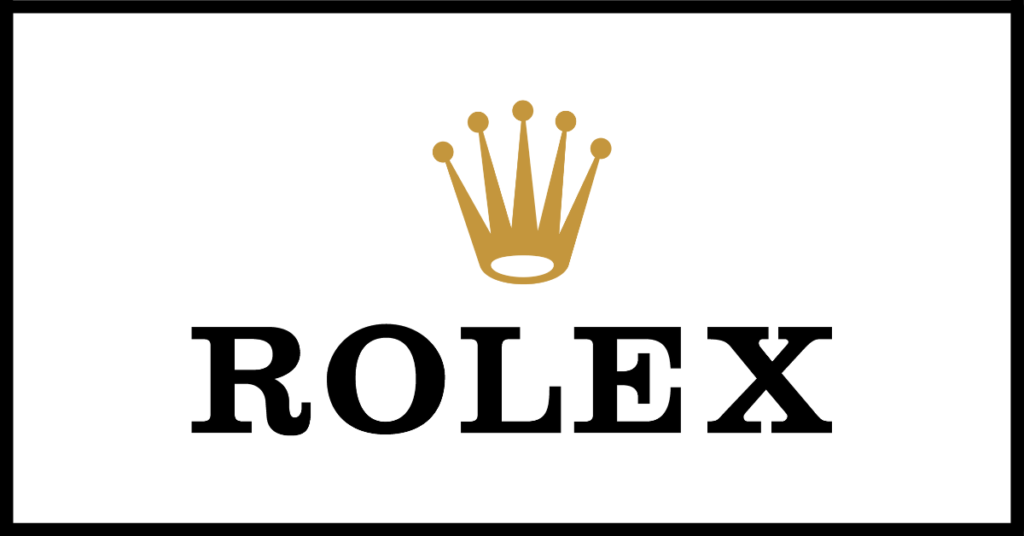
| STARTUP NAME | ROLEX |
|---|---|
| Industry | Watches |
| Founder(s) | Hans Wilsdorf |
| Founded | 1905 |
| Headquarters | Geneva, Switzerland |
| Products | Luxury watches |
| Specialty | Precision, craftsmanship, and status symbol |
| Global Presence | Iconic luxury watch brand worldwide |
Rolex, founded in Switzerland, epitomizes luxury and precision in watchmaking. Its timepieces are globally recognized for their craftsmanship, reliability, and status symbol. In India, Rolex continues to attract affluent consumers seeking timeless elegance and performance.
The epitome of precision and luxury, Rolex watches are coveted worldwide, including in India. With a legacy of innovation and craftsmanship, Rolex timepieces are a status symbol among affluent Indians who value timeless elegance and performance.
8.Tarun Tahiliani
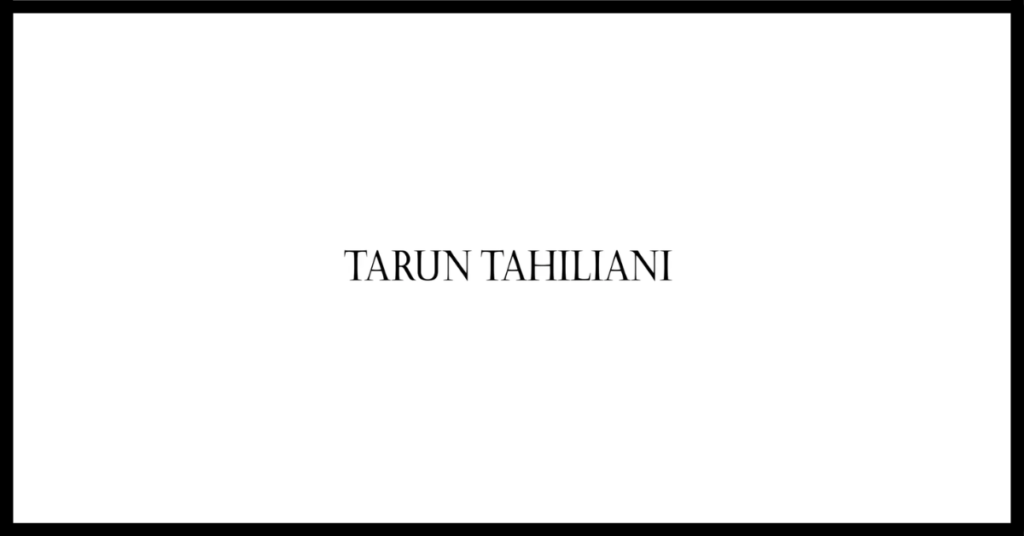
| STARTUP NAME | TARUN TAHILIANI |
|---|---|
| Industry | Fashion |
| Founder(s) | Tarun Tahiliani |
| Founded | 1990s |
| Headquarters | New Delhi, India |
| Products | Bridal couture, prêt-à-porter |
| Signature Style | Fusion of Indian and Western aesthetics |
| Specialty | Avant-garde designs and craftsmanship |
Tarun Tahiliani is celebrated for his avant-garde designs that fuse Indian and Western aesthetics. Known for bridal couture and ready-to-wear collections, Tahiliani’s brand epitomizes luxury, craftsmanship, and artistic expression, appealing to fashion connoisseurs in India and globally.
Tarun Tahiliani is celebrated for his avant-garde designs that fuse Indian and Western aesthetics. Known for his bridal couture and ready-to-wear collections, Tahiliani’s creations embody luxury, craftsmanship, and artistic expression, appealing to fashion connoisseurs.
9.BMW

| STARTUP NAME | BMW |
|---|---|
| Industry | Automobile |
| Founder(s) | Karl Rapp, Gustav Otto |
| Founded | 1916 |
| Headquarters | Munich, Germany |
| Products | Luxury cars, SUVs, sports cars |
| Specialty | Elegance, performance, and driving pleasure |
| Innovation | Pioneering technology and design |
BMW, a German luxury automobile manufacturer, is renowned for its luxury cars, SUVs, and sports cars that blend elegance with performance. In India, BMW represents pioneering technology, innovative design, and driving pleasure, catering to affluent consumers who value luxury and prestige.
BMW’s blend of performance, luxury, and cutting-edge technology has made it a preferred choice among affluent Indians. From sedans to SUVs and high-performance sports cars, BMW offers a driving experience that embodies elegance and precision.
10.Taj Hotels

| STARTUP NAME | TAJ HOTELS |
|---|---|
| Industry | Hospitality |
| Founder(s) | Jamsetji Tata |
| Founded | 1903 |
| Headquarters | Mumbai, India |
| Specialty | Luxury hotels and resorts |
| Signature Style | Impeccable hospitality and iconic properties |
| Legacy | Leading luxury hotel chain in India |
Taj Hotels is synonymous with luxury hospitality in India, renowned for its impeccable service and iconic properties. With a legacy spanning over a century, Taj Hotels offers a blend of heritage, elegance, and world-class hospitality that defines luxury travel experiences in India.
Taj Hotels, known for their impeccable hospitality and iconic properties, offer a luxurious retreat for travelers and locals alike. With a legacy spanning decade, Taj Hotels represent luxury, heritage, and world-class service in the Indian hospitality industry.
FAQs on Top 10 Luxury Brands in India
1. What defines a luxury brand?
A luxury brand is characterized by its exclusivity, high quality, craftsmanship, heritage, and prestige. These brands often command a premium price due to their superior materials, unique designs, and exceptional customer experience.
2. Why are luxury brands important in India?
Luxury brands play a significant role in India’s economy and cultural landscape. They cater to the affluent consumer segment who seek exclusivity, status, and quality. Additionally, they contribute to employment in high-skill sectors like fashion, jewelry, and hospitality.
3. How has the luxury market in India evolved over the years?
The luxury market in India has witnessed significant growth and evolution. Initially dominated by traditional luxury goods like jewelry and textiles, it has expanded to include high-end automobiles, fashion brands, watches, and hospitality. Rising disposable incomes, exposure to global trends, and changing consumer preferences have driven this evolution.
4. What are some challenges faced by luxury brands in India?
Luxury brands in India face challenges such as high import duties and taxes, regulatory constraints, infrastructure limitations, and the need to adapt their global strategies to suit local tastes and preferences. Additionally, maintaining exclusivity while expanding market reach can be a delicate balance.
5. How do luxury brands ensure authenticity and exclusivity in India?
Luxury brands maintain authenticity and exclusivity through stringent quality controls, limited production runs, exclusive distribution channels, and personalized customer experiences. They often collaborate with local artisans and incorporate cultural elements to resonate with Indian consumers while maintaining their global identity.
6. What role do luxury brands play in promoting sustainability?
Many luxury brands in India are increasingly focusing on sustainability by using ethically sourced materials, reducing carbon footprints, and supporting local communities. Initiatives range from sustainable fashion practices to conservation efforts in heritage sites and promoting eco-friendly tourism.
7. How do luxury brands engage with consumers in India?
Luxury brands engage with consumers in India through experiential marketing, exclusive events, personalized services, and digital platforms. They create immersive brand experiences that resonate with affluent consumers who value both luxury and a meaningful connection with the brand.
8. What are some upcoming trends in the luxury market in India?
Upcoming trends in the luxury market in India include personalized luxury experiences, digital innovation in retail (such as virtual try-ons and augmented reality), sustainability-focused initiatives, and a growing demand for bespoke products that reflect individual tastes and preferences.
9. How do luxury brands cater to the diverse cultural landscape of India?
Luxury brands in India often tailor their offerings to cater to regional diversity and cultural nuances. They may launch limited-edition collections inspired by local traditions, collaborate with Indian artists and designers, and customize products to resonate with different cultural sensibilities across the country.
10. What is the future outlook for luxury brands in India?
The future outlook for luxury brands in India remains promising, driven by a young and affluent consumer base, increasing urbanization, and a growing appetite for luxury goods and experiences. Brands that can navigate challenges, innovate, and adapt to evolving consumer preferences are poised for sustained growth in this dynamic market.
Last Updated on Tuesday, July 16, 2024 3:33 am by Entrepreneur Live Team
